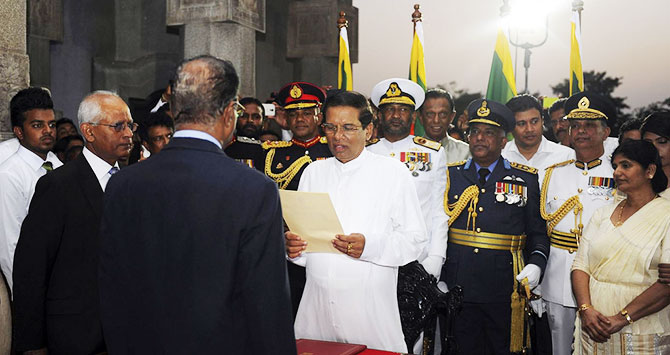In a recent essay published in Global Policy, Professor Robert Wade assesses the impact of the BRICS coalition and the potential for expansion. He further outlines policy recommendations.
Abstract
The longer-run trajectory of the global economy (and its politics) will be much affected by the extent to which developing countries manage to cooperate to challenge the rule-setting dominance of the North Atlantic states. This essay assesses the impact on global economic governance of the cross-regional BRICS coalition (Brazil, Russia, India, China, South Africa). The standard assessment in the west is: very little so far. The essay finds that this is too pessimistic, though not by much. The format exists, the political leaders do meet twice a year, finance ministers and central bank governors do the same, and two financing organizations have been created to complement or eventually even substitute for the IMF and the World Bank. Potential expansion of cooperation depends heavily on the willingness of the national presidents to act independently of the US, and on geopolitics between the members of the coalition.
Policy recommendations
The institutional structure of the world economy operates to sustain the economic and political pre-eminence of the North Atlantic states and delay the catching up of poorer countries with their living standards. Concerted action by coalitions of developing countries to change rules of integration in world economy can change some of the obstacles to their catch up.
The BRICS coalition is well placed to formulate new rules – and a new ‘mindset’ – because it includes major states from all regions outside of the west.
It is especially important to keep China strongly engaged with the other four, cooperating with them to advance common interests (especially in multilateral forums like the BRICS, IMF and WTO), and blunting the onset of full-blown China-US rivalry in the economic and security realms.
The views expressed in this post are those of the author and in no way reflect those of the International Development LSE blog or the London School of Economics and Political Science.





